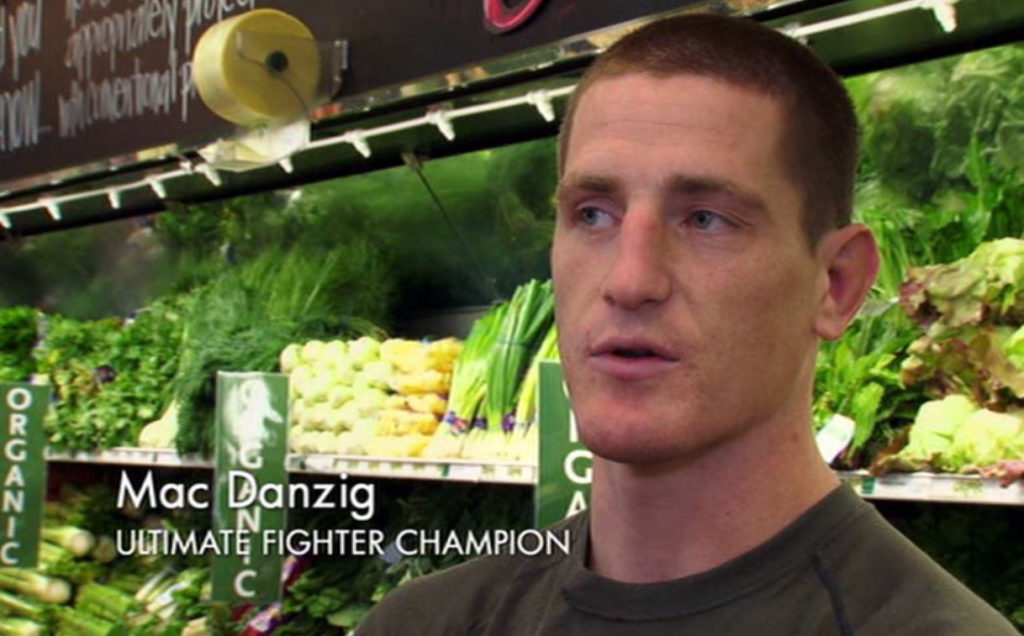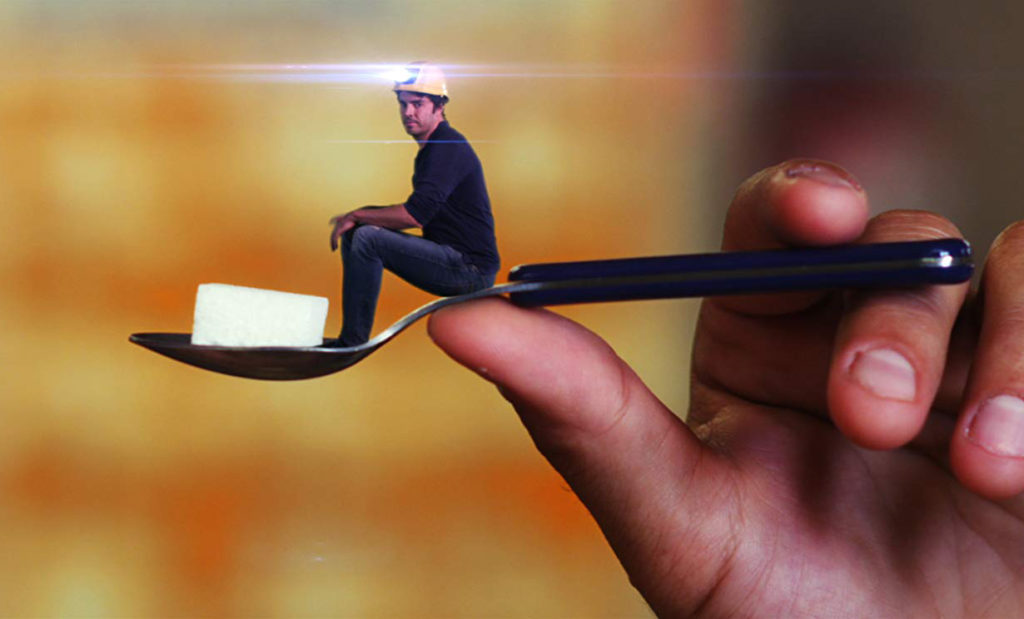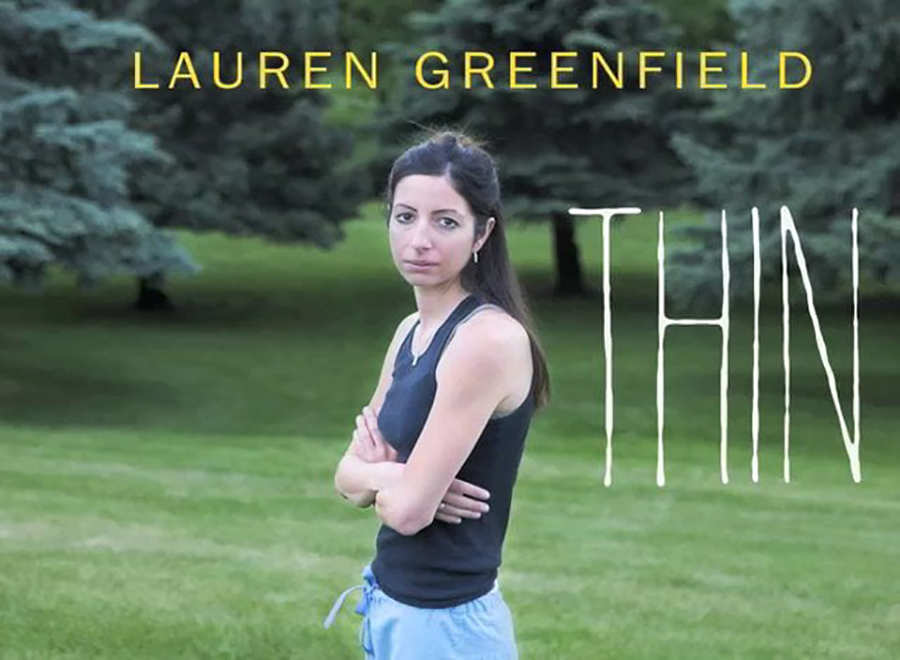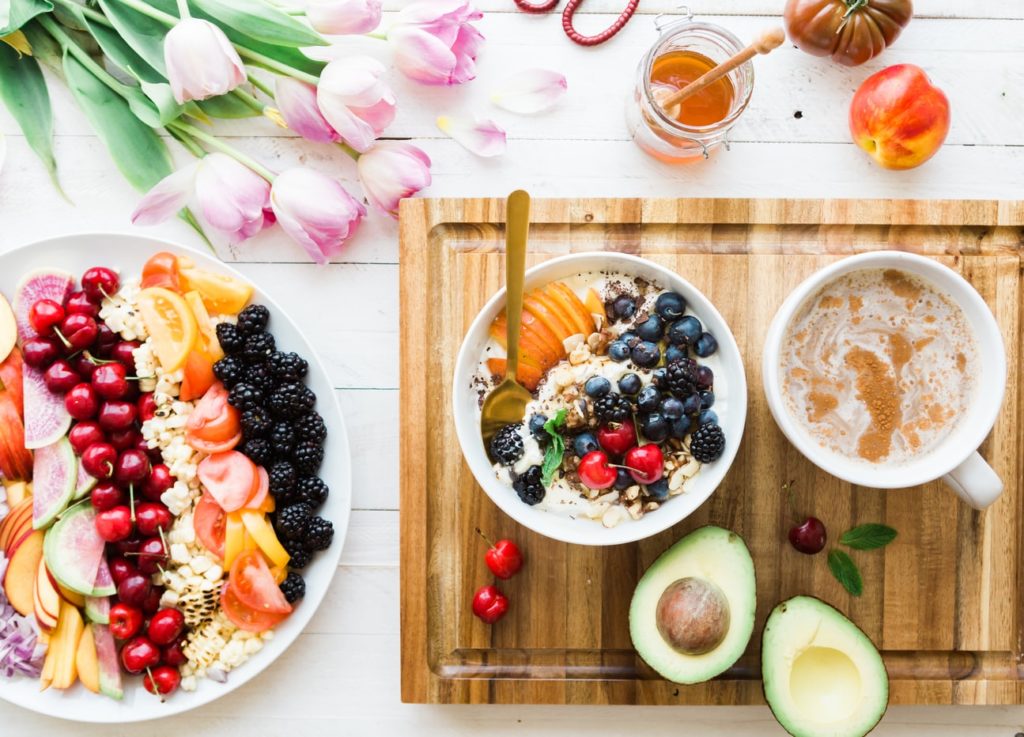Living a healthy lifestyle is top of mind for a majority of people these days.We see it in our advertisements raving about the newest probiotic craze to the rush of new ideas about how to change your life around with new eating habits like the Keto diet and more. It’s fitting that we see it in our entertainment as well. There are plenty of documentaries that showcase one aspect or another about food and health even including nods to good dental hygiene and more.
Let’s take a closer look at the information these films give us.
1. ‘Forks Over Knives’ (2011)

Red meat has long been the subject of debate as it relates to the general population’s health. Most doctors and dieticians say that overall, it’s not the best choice for protein if that’s what you’re aiming for in your diet. Instead, the studies suggest it can actually cause inflammation in your joints which is bad news for those who suffer from arthritis.
In the 2019 documentary, “Forks Over Knives,” the film takes a closer look at the careers of physician Caldwell Esselstyn, and professor of nutritional biochemistry T. Collin Campbell, as they discuss why humans should consume a wider, plant-based diet to help with a variety of conditions like inflammation, obesity and cardiovascular diseases. And while there’s no cure for diseases like arthritis, there are certain plant-based foods that help reduce inflammation ranging from cherry juice to turmeric to green, leafy vegetables like spinach and broccoli.
While the film itself was hit and miss with critics, the content doesn’t feel “dumbed down” for the audience. It offers up enough valuable information to keep your attention while maintaining a professional air that allows the viewer to walk away feeling a bit more educated about the food they choose to put on their plates. If you’re interested in the science behind changing your diet, this is a documentary worth watching.
2. ‘That Sugar Film’ (2014)

It’s rare to find a person without a sweet tooth. From breakfast items like donuts and sugary cereal to sodas filled with obscene amounts of sugar to after-dinner desserts of cakes and pies, it’s nearly impossible to escape the white stuff. Morgan Spurlock pointed out in his 2004 documentary, “Supersize Me,” that every single item on McDonald’s menu (at the time) had at least some sugar in it. Even when we can’t necessarily taste it, there’s still a chance it’s there.
Sugar’s negative side effects have a wide range of impacts on your body ranging from its addictive nature to causing problems with your pearly whites. Take the sports drinks you chug after your afternoon hike, craving the hydrating qualities and the electrolytes within. Are they really that healthy? The answer is no. They often contain as much sugar as a full-calorie soda and that alone can wreak havoc on your teeth.
The benefits of removing sugar completely from your diet are phenomenal, but what’s really at stake if we don’t? In the 2014 documentary, “That Sugar Film,” Australian filmmaker Damon Gameau adopts a high sugar, low-fat diet to see the effects on his body. On average, he consumed around 40 teaspoons of sugar a day and as a result felt overwhelmingly worse each day. This flick takes a deep dive into the sweet stuff and why we should really try to eliminate it completely.
3. ‘Thin’ (2006)

Many of us get excited about a delicious meal, an exotic dessert, or a fancy cocktail. We associate food with family time and get-togethers with friends because it’s an easy connection most of us have. We use food for comfort and to lift our spirits and with recent advances in everything from supplements to medical marijuana, we can now make a simple cup of coffee a stress reliever. But what about people whose relationship with food lands on the other side of the spectrum?
Eating disorders plague at least 30 million Americans. That number in itself is shocking. In 2006 a documentary titled “Thin” made its debut on HBO. It follows four women as they navigate their ways through an inpatient psychiatric unit specializing in eating disorders. The producer spent a significant amount of time at the facility and was granted access to everything from weigh-ins to mealtimes where she saw how the women dealt with their relationship with food.
“Thin” has been praised for its inside look at how some people’s relationship with food is much more complex than we think and the effect it can have on their mood and well-being. It allows us to watch the patients as they struggle with their own body image, meet with therapists to help figure out a way to calm their fears but most of all it shows us how vulnerable we all really are when we talk about what scares us the most.
What we consume always directly affects our health in one way or another. That effect, however, varies from person to person, and there’s no “one size fits all” lifestyle. Do your research and pay attention to doctors, but, perhaps most importantly, pay attention to your own body. Once you find a diet and lifestyle that works for you, stick with it and keep working towards your goals. Bon appétit!
– by Frankie Wallace

